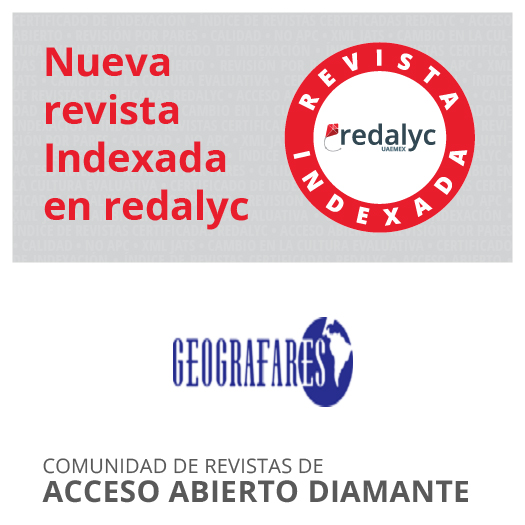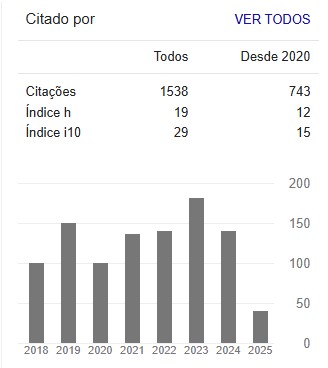Discours et pratique en géographie humaine
DOI :
https://doi.org/10.47456/geo.v4i39.47097Mots-clés :
discours, compétitivité, pratique en géographie humaineRésumé
Cet article examine la manière dont notre discours disciplinaire façonne nos pratiques matérielles en tant que chercheurs et nos modes de pensée. Il prend comme étude de cas le terme « compétitivité », en considérant ses origines et ses significations dans l’économie et les affaires, la façon dont elles sont importées dans notre propre travail et les conséquences d’une acceptation non examinée de la validité et du sens du terme. L’article examine deux exemples de discours en action, en se demandant dans quelle mesure la « compétitivité » de Nike dépend de l’accès à une main-d’œuvre à bas coût dans les sites de production offshore et si la « compétitivité » de Baltimore serait compromise par l’adoption du « salaire de subsistance » comme le minimum local. L’article plaide pour la nécessité de nous analyser nous-mêmes en tant qu’acteurs sociaux et historiques et d’évaluer notre façon de travailler et d’utiliser le langage afin de renforcer notre recherche et d’améliorer la position de la discipline.
Téléchargements
Références
Clark, G. 1997: Stylized facts and close dialogue: methodology in economic geography. Working Paper WPG97-4. Oxford: School of Geography, Oxford University. http://dx.doi.org/10.1111/1467-8306.00085.
Donaghu, M. and Barff, R. 1990: Nike just did it: international subcontracting and flexibility in athletic footwear production. Regional Studies. 24, 537–52. https://doi.org/10.1080/00343409012331346204.
Fleck, L. 1979/1935: Genesis and development of a scientific fact. Chicago, IL: University of Chicago Press.
Foucault, M. 1995: Discipline and punish (2nd edn). New York: Pantheon.
Harding, S. 1991: Whose science? Whose knowledge? Ithaca, NY: Cornell University Press.
Harvey, D. 1997: The body as a site for accumulation. Unpublished MS, Department of Geography and Environmental Engineering, The Johns Hopkins University, Baltimore, MD. https://doi.org/10.1068/d160401.
International Labour Organization 1996: Textiles, clothing and footwear on agenda at ILO meeting. ILO Focus 9, 1–3.
Katz, D. 1994: Just do it: the Nike spirit in the corporate world. New York: Random House.
Krugman, P. 1994: Competitiveness: a dangerous obsession. Foreign Policy 73, 28–44. https://doi.org/10.2307/20045917.
Levine, M. n.d.: The political economy of urban redevelopment, Baltimore 1950–1980. Unpublished MS, prepared for US Congress, Joint Economic Committee.
Martin, E. 1992: Flexible bodies. Boston, MA: Beacon Press.
McCloskey, D. 1985: The rhetoric of economics. Madison, WI: University of Wisconsin Press.
The New York Times 1997a: Peering into the shadows of corporate dealings. 25 March, D1.
The New York Times 1997b: Nike’s boot camps. 31 March, A21.
The New York Times 1997c: Apparel industry group moves to end sweatshops. 9 April, A14.
The New York Times 1997d: Accord to combat sweatshop labor faces obstacles. 13 April, A1.
Niehans, J. 1990: A history of economic theory. Baltimore, MD: Johns Hopkins University Press.
Nike 1996: 10-K statement of US Securities and Exchange Commission. SEC File 001-10635.
Poovey, M. 1995: Making a social body. Chicago, IL: University of Chicago Press.
Schoenberger, E. 1997: The cultural crisis of the firm. Oxford: Blackwell.
Shapin, S. 1994: A social history of truth. Chicago, IL: University of Chicago Press.
Weisbrot, M. and Sforza-Roderick, M. 1996: Baltimore’s living wage law. Washington, DC: Preamble Center for Public Policy.
Wright, M. 1996: Third world women and the geography of skill. Unpublished PhD dissertation, Department of Geography and Environmental Engineering, The Johns Hopkins University, Baltimore, MD.

Téléchargements
Publiée
Numéro
Rubrique
Licence
(c) Copyright Geografares 2024

Ce travail est disponible sous la licence Creative Commons Attribution 4.0 International .
Autores que publicam nesta revista concordam com os seguintes termos:- Autores mantém os direitos autorais e concedem à revista o direito de primeira publicação, com o trabalho simultaneamente licenciado sob a Licença Creative Commons Attribution que permite o compartilhamento do trabalho com reconhecimento da autoria e publicação inicial nesta revista.
- Autores têm autorização para assumir contratos adicionais separadamente, para distribuição não-exclusiva da versão do trabalho publicada nesta revista (ex.: publicar em repositório institucional ou como capítulo de livro), com reconhecimento de autoria e publicação inicial nesta revista.
- Autores têm permissão e são estimulados a publicar e distribuir seu trabalho online (ex.: em repositórios institucionais ou na sua página pessoal) (Veja O Efeito do Acesso Livre).



























